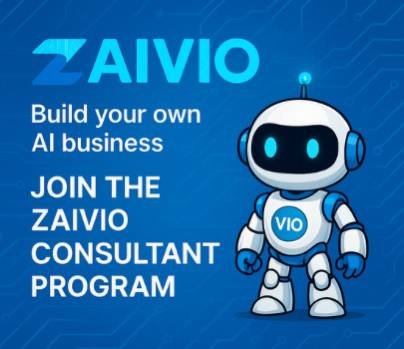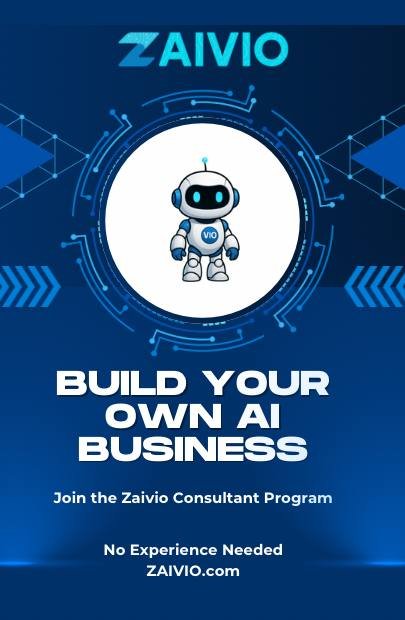Impact of Artificial Intelligence on Global Industries: A Decade Ahead
The advent of artificial intelligence (AI) is poised to revolutionize multiple sectors across the global economy over the next decade. Organizations that strategically embrace AI technologies can harness significant economic benefits, though they must also navigate substantial challenges. This article explores key industries likely to be transformed by AI, discusses potential economic implications, and provides strategic recommendations for businesses aiming to adapt and thrive in an increasingly AI-driven market.
Industries at the Forefront of AI Transformation
Several industries stand out as particularly ripe for AI-driven transformation, each with its unique potential and challenges:
- Healthcare: AI can revolutionize diagnostics and patient care through predictive analytics and personalized medicine, potentially reducing costs and improving health outcomes.
- Automotive: The integration of AI in autonomous driving technology promises to reshape transportation, reducing accidents and optimizing traffic management.
- Financial Services: AI’s ability to analyze vast amounts of data can enhance decision-making in investments, risk assessment, and customer service, transforming how institutions interact with their clients.
- Manufacturing: AI-driven automation and predictive maintenance can increase efficiency and reduce downtime, fundamentally changing production processes.
- Retail: Through AI, retailers can offer personalized shopping experiences and optimize their supply chains, enhancing customer satisfaction and operational efficiency.
Economic Benefits and Challenges
The integration of AI into these industries is expected to yield substantial economic benefits, including increased productivity, cost efficiency, and innovation. However, this transformation is not without challenges:
- Job Displacement: AI could automate tasks traditionally performed by humans, leading to significant shifts in employment and requiring workforce retraining.
- Data Privacy and Security: The reliance on large datasets raises concerns about privacy and data security, necessitating robust regulatory measures.
- Ethical and Legal Issues: AI decisions must be transparent and fair, posing ethical challenges in development and implementation phases.
- Technological Inequality: There is a risk of widening the gap between businesses and regions that can afford to integrate AI and those that cannot, potentially leading to unequal economic development.
Strategic Recommendations for Thriving in an AI-Driven Market
To successfully navigate the transition towards an AI-enhanced future, businesses should consider the following strategies:
- Invest in AI Literacy: Develop an understanding of AI capabilities and limitations within your organization to foster informed decision-making.
- Prioritize Ethical AI Use: Ensure that AI applications respect privacy and ethical standards to build trust and comply with regulatory requirements.
- Embrace Collaborative Approaches: Engage with other industry players, technology experts, and academic institutions to share knowledge and resources.
- Focus on Human-AI Collaboration: Design systems where AI complements human skills, enhancing productivity and innovation without replacing the human workforce.
- Adapt Business Models: Reassess and adapt your business models to leverage AI-driven opportunities for new products and services.
Conclusion
The integration of AI into global industries represents both a formidable challenge and a tremendous opportunity. By focusing on strategic investments in AI literacy and ethical practices, fostering human-AI collaboration, and adapting business models, companies can not only mitigate risks but also position themselves to lead in the new AI-driven economic landscape. Embracing these changes with proactive and informed strategies will be key to thriving in the forthcoming era of artificial intelligence.












